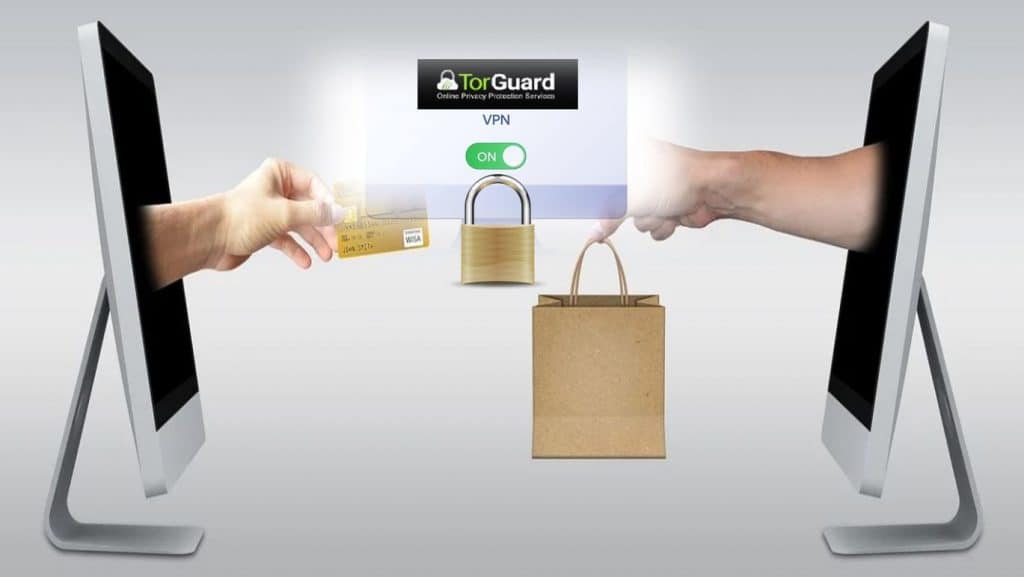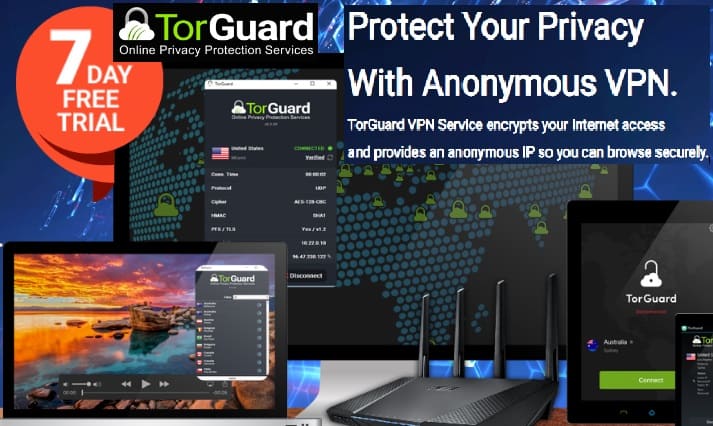
No matter what you are doing online, you must be sure that you are safe and that your Personal Identifying Information (PII) is secure.
To help you in making that a part of your everyday life and activity online, we continue to stack this important information in a way that allows you to implement this in stages or layers to increase your online protection.
So, if you have not already read our previous online privacy/online security info, here are the links so you can go back and get informed:
Online Security 101 – Protecting Your Personal Data Online
Data Breaches Put Your Personal Info At Risk
Your Options Once Personal Data Is Compromised
Credit Monitoring & ID Theft Protection
Data Brokers – Who Is Collecting Your Data & Why
Think Online Security With Your Cell Phone
Security Keys – The Future of Online Security
Protecting Your PC Using Firewalls and Antivirus Software
The Importance of Having A Secure Password
VPN – Virtual Private Network
A VPN or Virtual Private Network is a way to add extra security to your device when you use the internet. It offers this security by adding a level of anonymity to your internet usage.
You may have heard of something called an IP address, this is a traceable online code which not only identifies you on the internet but also reveals your location.
When you use a VPN this IP address is hidden because you are routing your activity through a third party, which in essence tells people you are in a different location than you actually are while encrypting the data being transferred.
How does it all work?
Imagine your home or work computer set up. You probably have several devices: maybe multiple computers; or a combination of smart phones, computers and tablets.
No matter how many devices you have, you probably only have one internet connection that all of them connect to through, a router of some sort.
This is your private network.
Whichever device you are using, if it is attached to this network, the websites you use know that it is coming from this particular internet connection.
A virtual private network, or VPN, emulates this without the devices all having to be in the same place.
First, you must download the VPN software to your computer. This software is necessary to be able to communicate with this outside network.
Then, this software will create a secure connection to a server through which you now do all of your web browsing.
Both the data you send out and the data you receive are encrypted so anyone “listening in” will not be able to access your web traffic data.
VPN Usage
There are lots of reasons to use a VPN.
Students might use a VPN in order to get past content filters set up for school networks or you might use one to set your location to London and watch that TV show only available on Netflix U.K.
Some use VPNs if they are trying to access a website of dubious legality.
However, many simply use VPNs as a way to maintain a level of anonymity while using the internet.
For instance, when connecting using an unsecured public network such as in a café or airport.
Even if you are using a relatively private home connection a VPN can be a good idea to prevent your activity being tracked or your personal information being intercepted and used.
In your business you might opt to set up a VPN in order to keep your data secure and private across employee workstations. VPNs are also often used to keep remote workers connected to centralized servers.
VPN Drawbacks
One potential drawback when using a VPN can be your internet might suffer. This can occur given the rigorous process of encrypting and decrypting data every time you complete an action.
A second potential drawback is if you do choose to use a VPN make sure that the service you are using is not tracking and selling the information it gathers on you.
While a myriad of ‘free’ VPNs exist in the market, remember if you are not paying for the product or service, you are the product or service… you get what you pay for!
A third potential drawback is some free or lower cost VPNs will ‘leak’ your information. Some of this leaked information includes your actual location, your actual IP address and actual data being sent across their network.
Finally, it should be noted that while VPNs are legal in many parts of the world, such as Canada and the United States.
However, it is illegal to use them in some countries. Some of these countries include Saudi Arabia, the United Arab Emirates and Iraq.
Disclaimer
The information provided here is for INFORMATIONAL & EDUCATIONAL PURPOSES ONLY!
View our complete disclaimer on our Disclaimer Page

